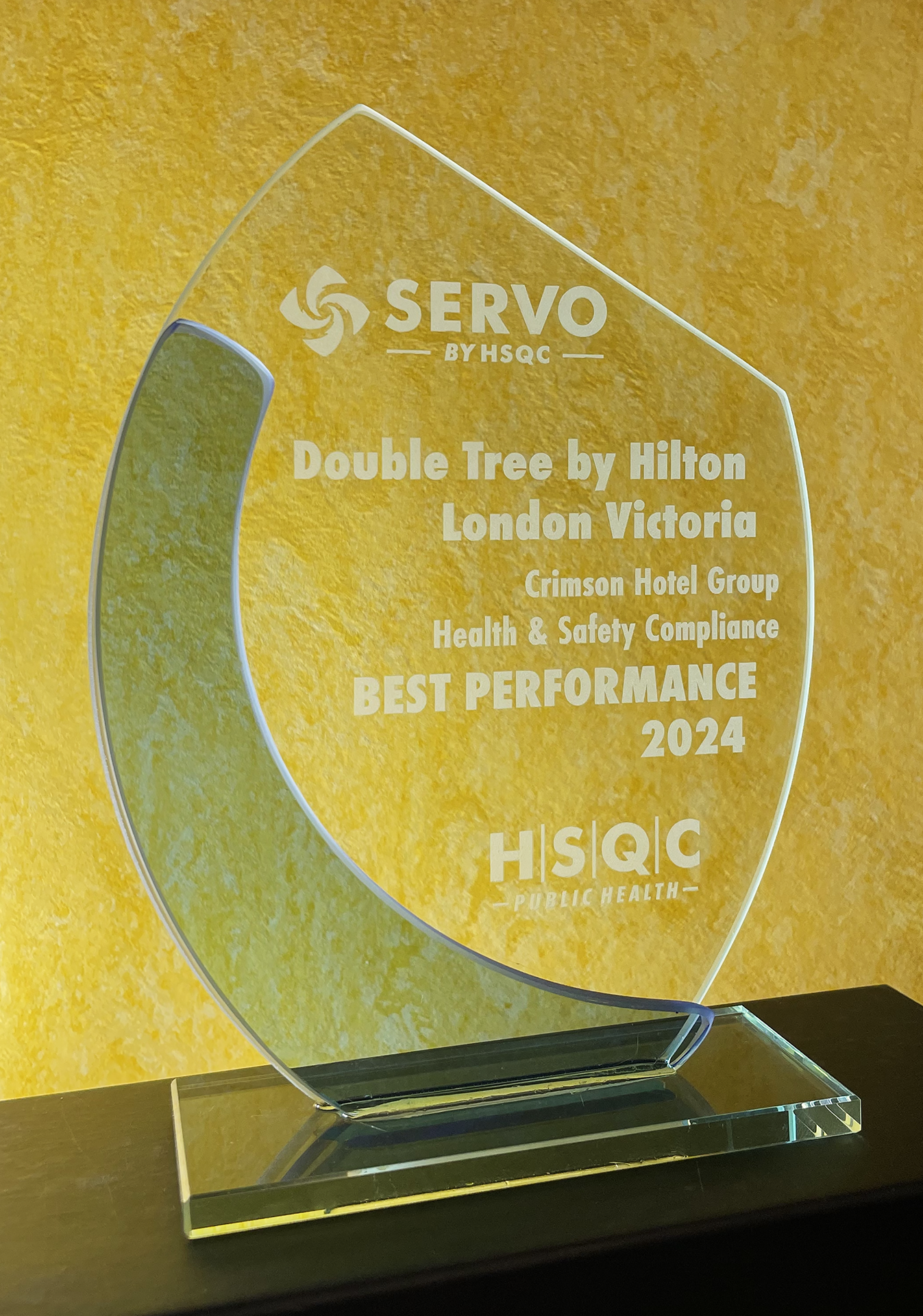 Congratulations to the team at Double Tree by Hilton London Victoria, who have just been awarded this best performance trophy by Richard Hannay of HSQC.
Congratulations to the team at Double Tree by Hilton London Victoria, who have just been awarded this best performance trophy by Richard Hannay of HSQC.
Ask us now about how SERVO can help your team stay at the top of their game! For a personalised account for your organisation contact: [email protected]
There are no apps to download and no surprise in-app purchases. There’s no extra software to download or hardware to be bought.
Once registered, your managers can upload all the due diligence information that you need to monitor daily, such as:
• Food Receipt / Delivery Records
• Food Storage Temperature Records
• Temperature Probe Calibration Records
• Defrosting Records
• Breakage Logs
• Looking and Reheating Logs
• Food Display Temperature Records
• Blast Chiller Records
• Hot Holding Records
• Structural Fabric and Equipment Maintenance Logs

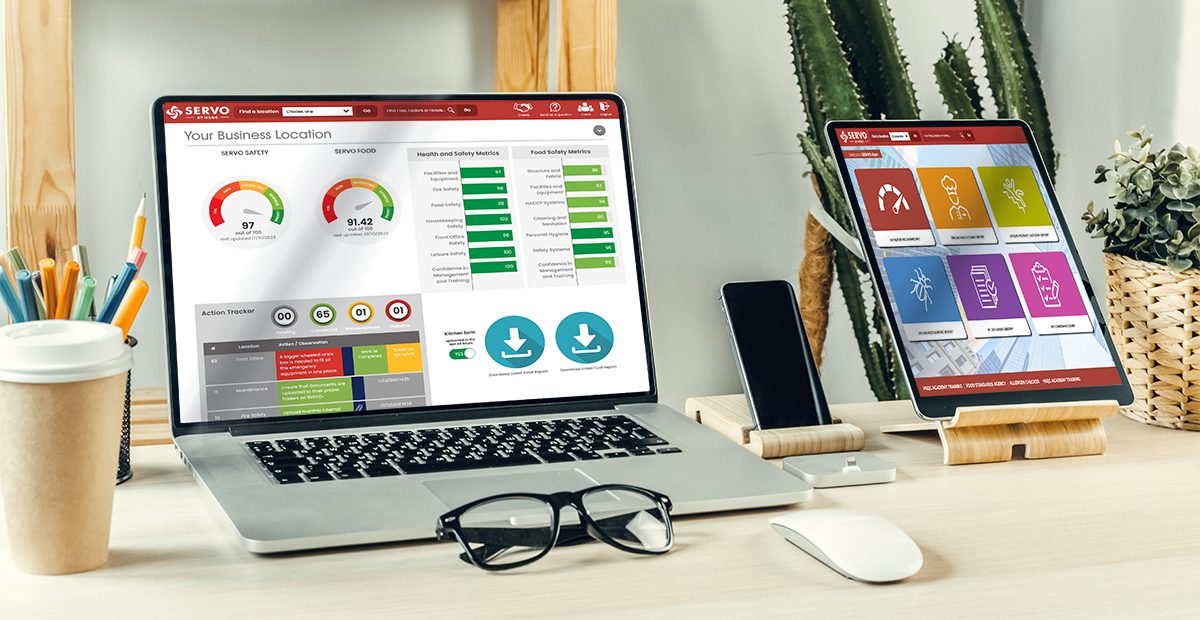
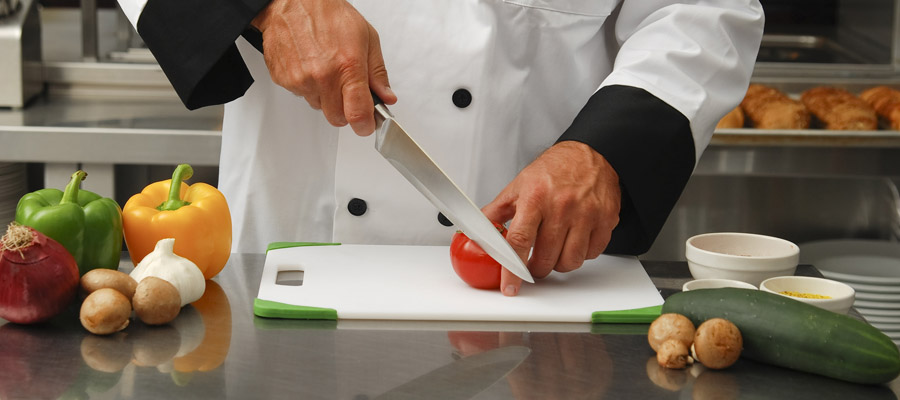


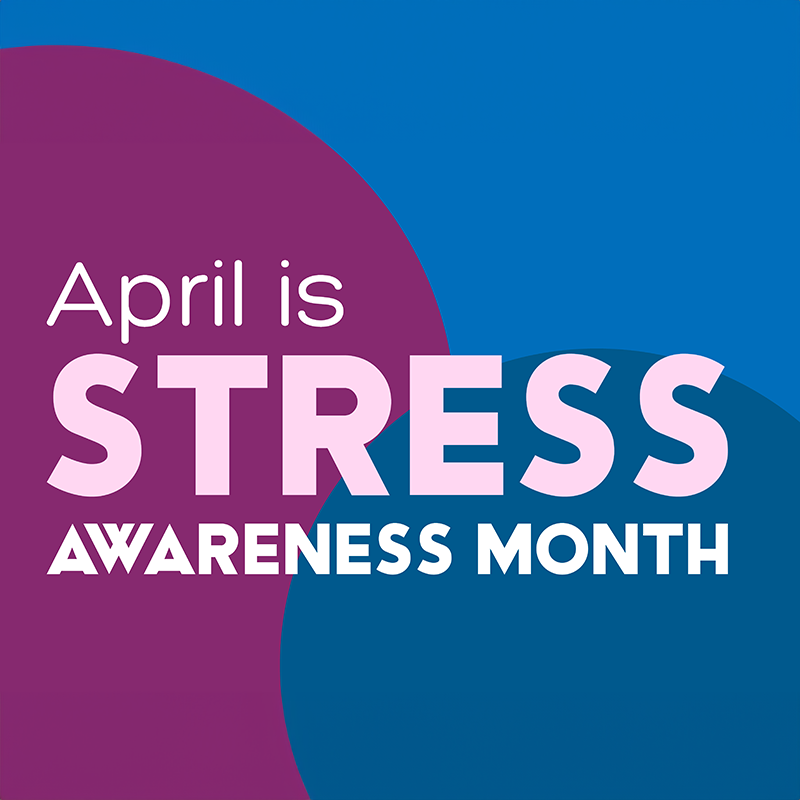 In the news this week:
In the news this week: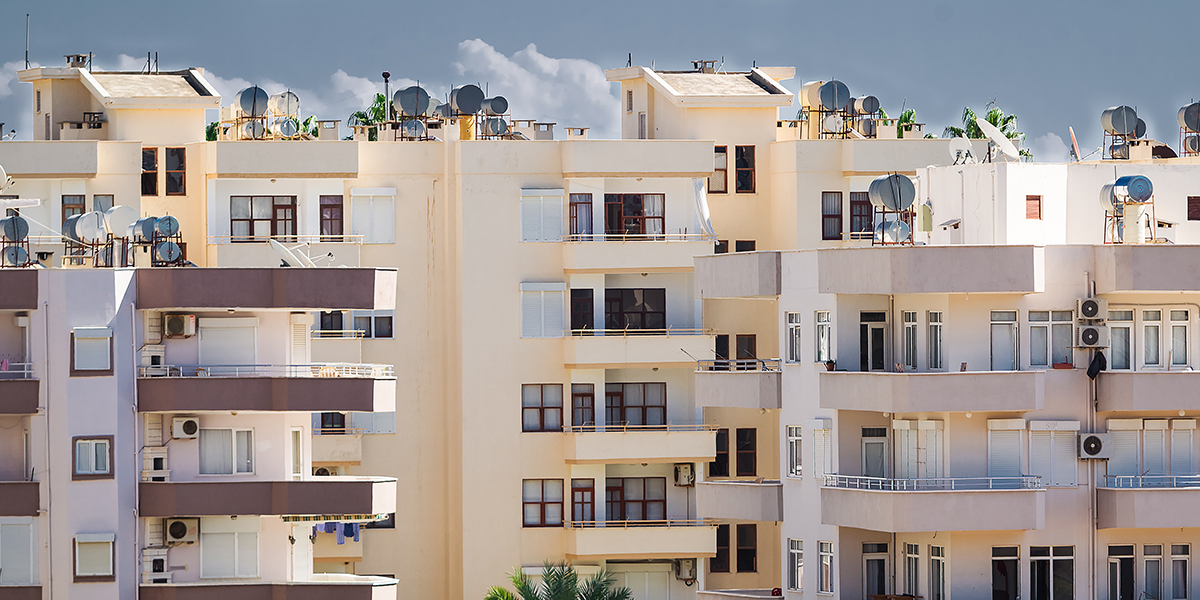
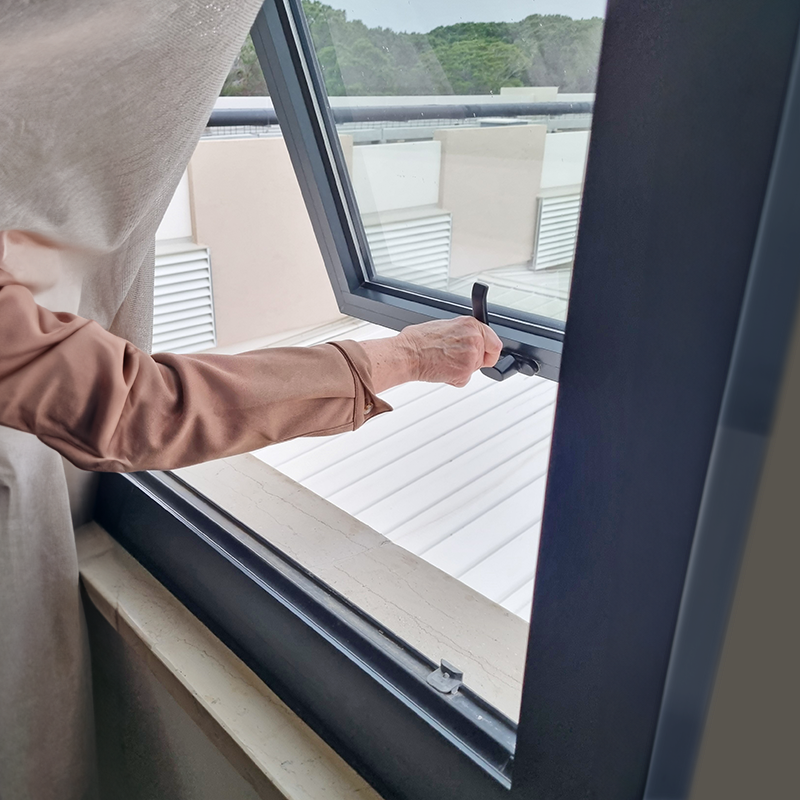 A recent hotel stay for one of our consultants!
A recent hotel stay for one of our consultants!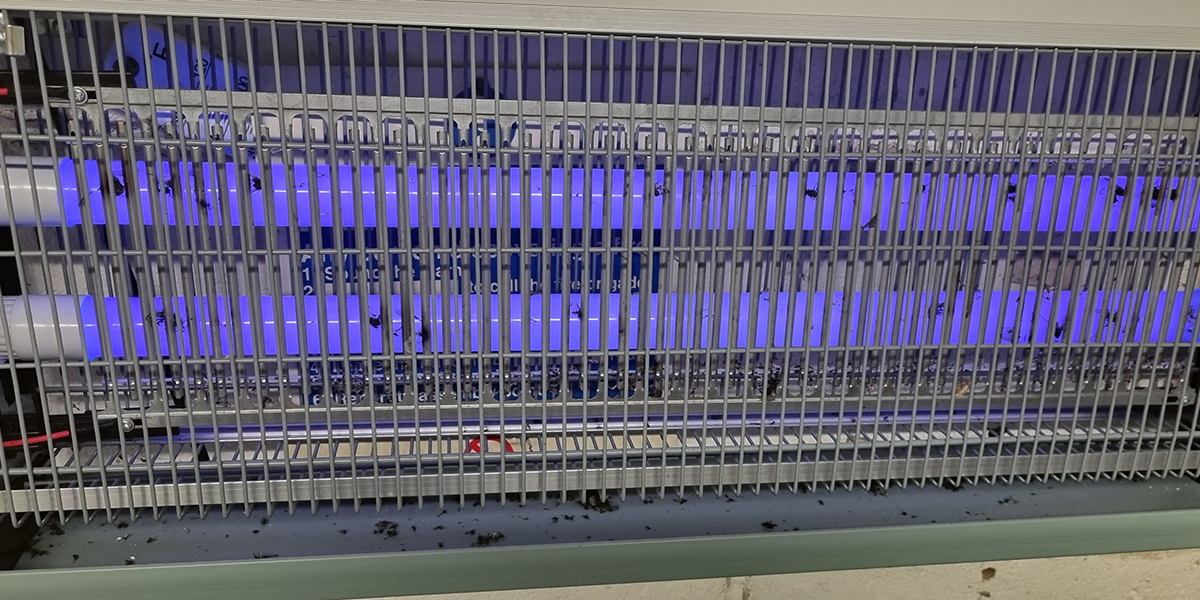
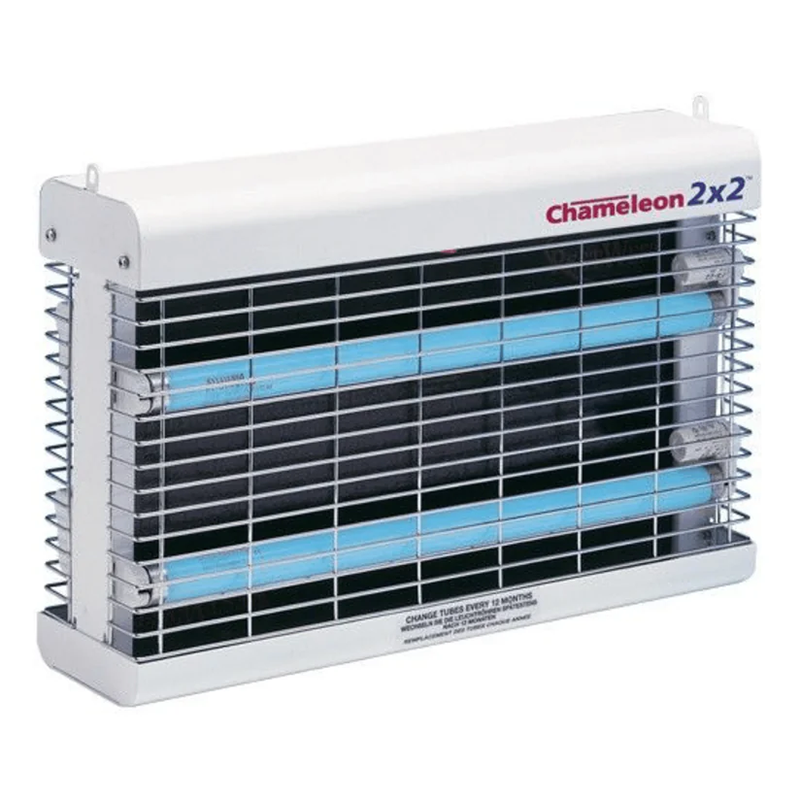 Regular queries come up during audit visits relating to the proper usage of electric flying insect killers.
Regular queries come up during audit visits relating to the proper usage of electric flying insect killers.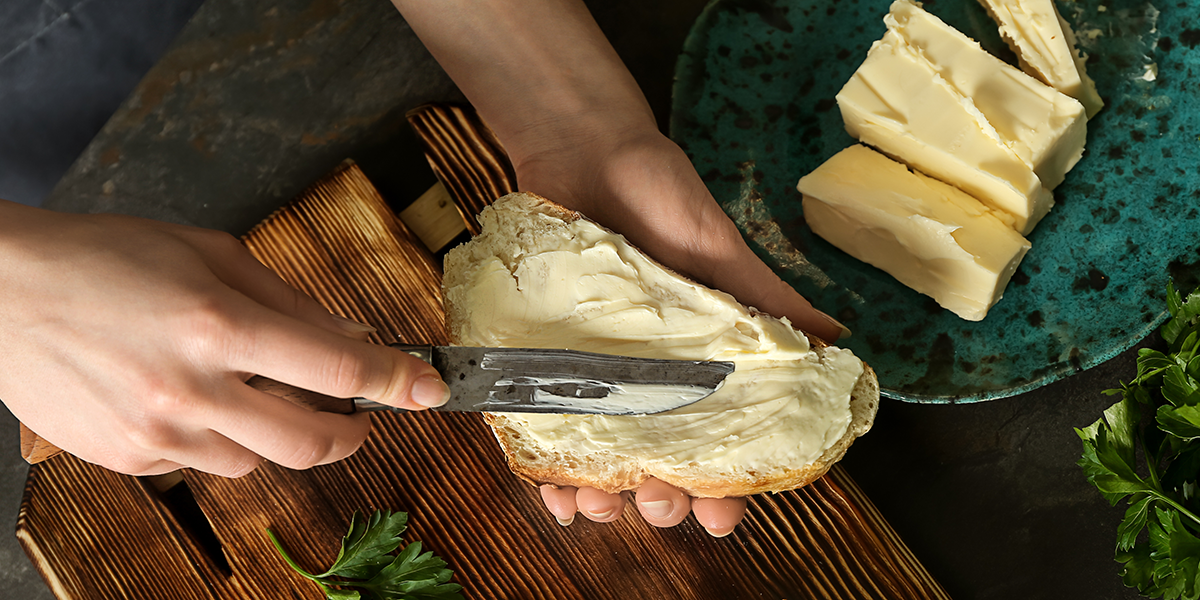
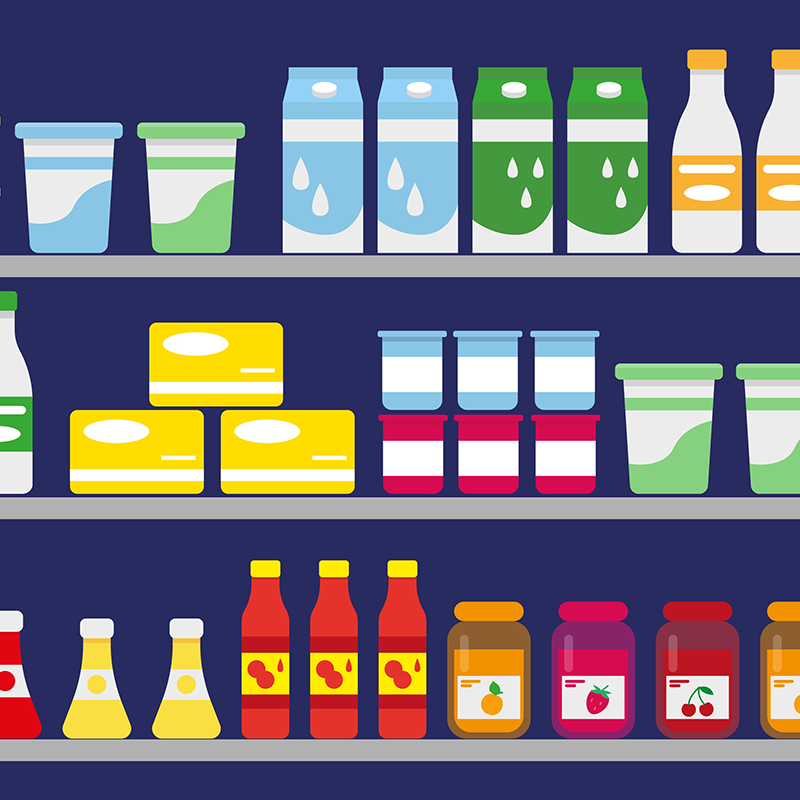 In the news this week:
In the news this week: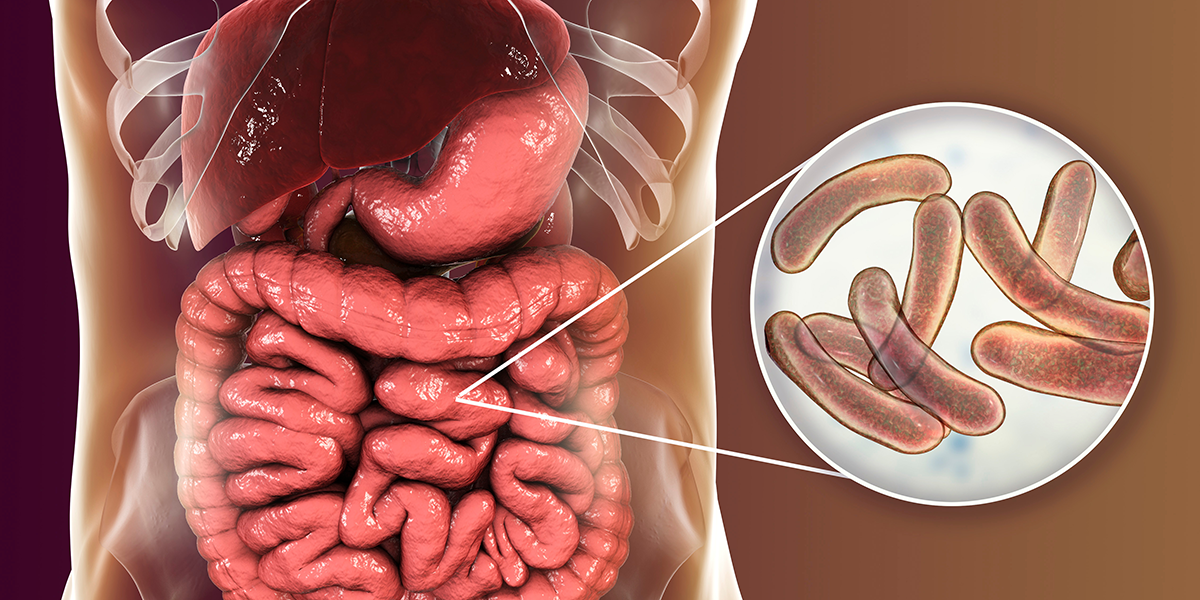
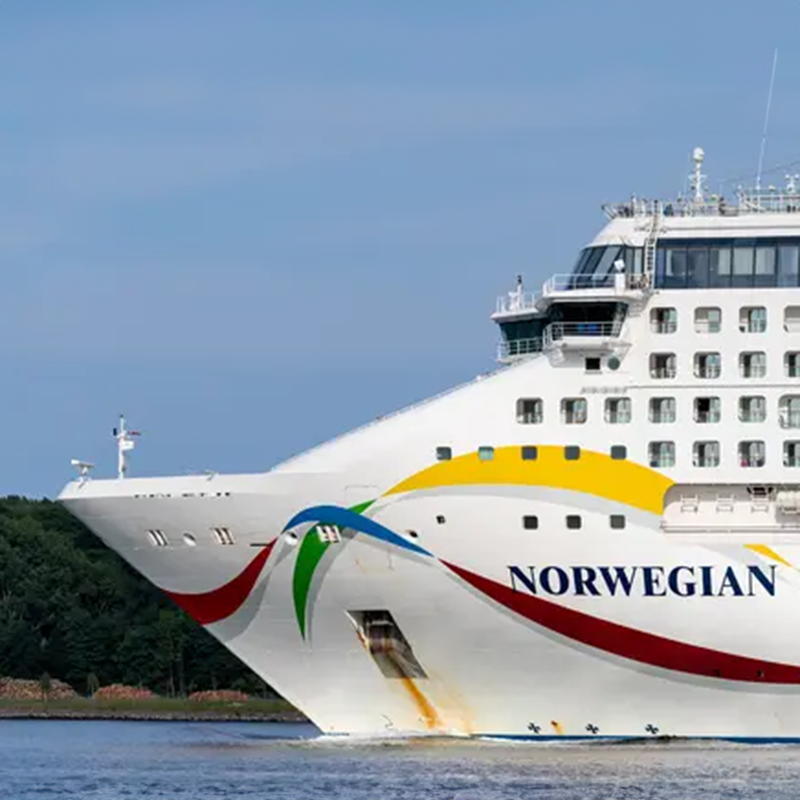 In the news this week:
In the news this week: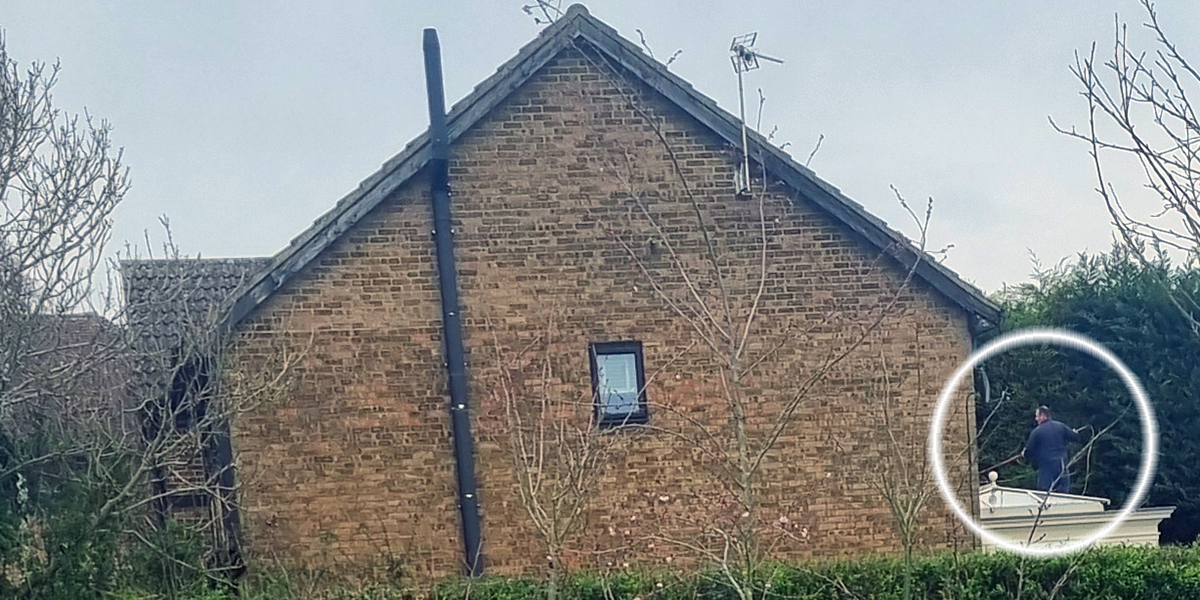
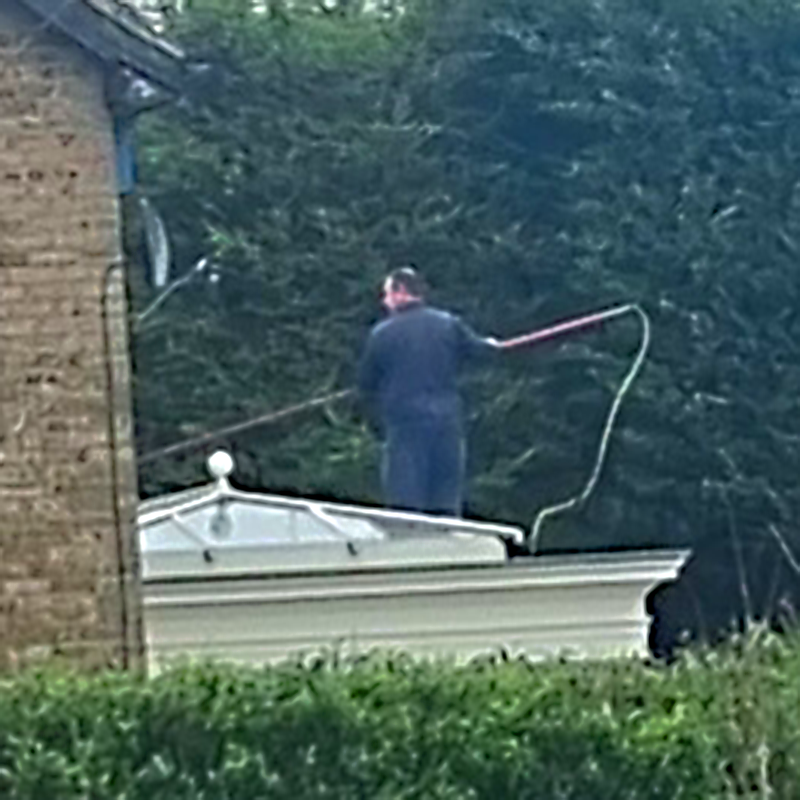 One of our environmental health consultants was returning home and had to stop to snap this scene. Above the hedge is a gentleman undertaking some window cleaning activities on a domestic dwelling. On closer inspection he was standing on the conservatory roof with cleaning apparatus. Wow, so many questions!
One of our environmental health consultants was returning home and had to stop to snap this scene. Above the hedge is a gentleman undertaking some window cleaning activities on a domestic dwelling. On closer inspection he was standing on the conservatory roof with cleaning apparatus. Wow, so many questions!